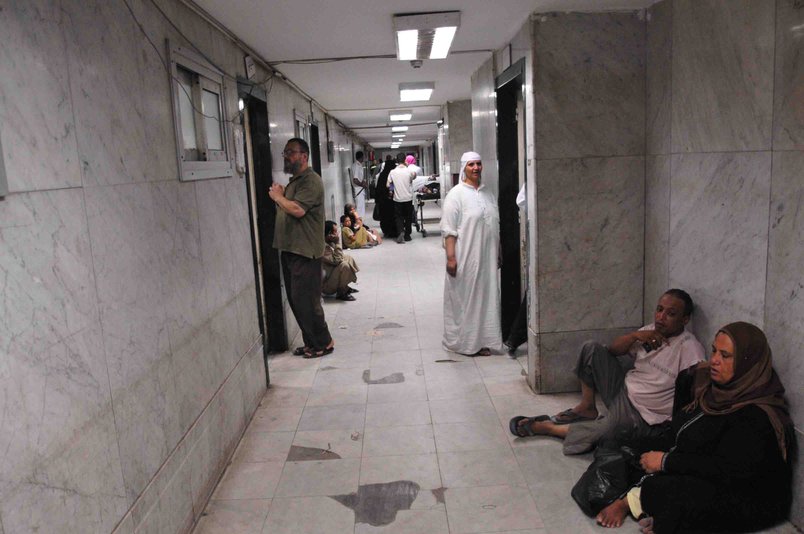It is difficult to describe the recent meeting to resume negotiations on the Grand Ethiopian Renaissance Damn (GERD) as positive, according to Egypt’s Ministry of Irrigation and Water Resources.
In a statement on Wednesday, the ministry added that the meeting has also not reached any significant result, as it focused only on procedural issues.
The ministry explained that the meeting only focused on the schedule of meetings, reference for discussion, and the role of observers and their number.
The Ministers for Irrigation and Water Resources from the three countries involved in GERD negotiations are expected to meet again on 10 June to continue negotiations, with international observers in attendance.
Egypt has decided the negotiation period will take place from 9-13 June, to reach a full agreement on filling and operation of the dam.
A meeting between Sudan, Ethiopia and Egypt’s Ministers of Irrigation and Water Resources was held on Tuesday. It was attended by international observers, including from the US, the European Union (EU) and South Africa, as well as the current president of the African Union, the ministry said.
The meeting took place following three weeks of a Sudanese initiative to see the three countries return to the negotiating table on GERD’s filling and operation,
Egypt’s Ministry of Irrigation and Water Resources said the meeting reflected Ethiopia’s tendency to reopen new discussions on all issues. This includes a particular focus on Ethiopia’s proposals that have already been presented at negotiations. Ethiopia also aimed to discuss its sticking with the start of the dam’s filling in July 2020.
During the Tuesday meeting, Egypt emphasised its own position on the GERD filling and its operation. Egypt has requested that Ethiopia “announce it will not take any unilateral action until ending the negotiation and reaching an agreement”, the ministry said.
Egypt has requested that a US and World Bank document prepared on 21 February, based on discussions between the three countries in the past few months, be used as the reference for further discussions.
Egypt has also asserted that the role of observers at future meetings should be as facilitators.
Sudanese Minister of Water and Irrigation Yasser Abbas said in a statement on Tuesday that the meeting took place in a positive spirit and provided fruitful discussions. He expressed his hope that this spirit will continue to reach consensus on the outstanding issues
He pointed out that the meeting discussed two basic items, namely the measures required to continue negotiations as soon as possible, and the main outstanding issues for each country.
Abbas added that it has been agreed to continue daily meetings, except on Friday and Sunday, to reach a consensus on the remaining points.
Abbas said Ethiopia’s desire to start filling in July is an essential part of the negotiations currently underway, although details are currently unavailable.
He reaffirmed Sudan’s official position regarding its own interests in the matter, due to it being based on technical opinion and national interests. Abbas noted that sometimes these interests coincide with those of Ethiopia, and sometimes with those of Egypt.
He added, “I would like to stress that Sudan’s interests do not contradict Egyptian or Ethiopian interests.”
The meeting came at the initiative of Sudan’s Prime Minister Abdullah Hamdouk, the minister said. He clarified that bilateral Sudanese-Egyptian meetings on the one hand and Sudanese-Ethiopian on the other, resulted scheduling the meeting that was held on Tuesday.
The negotiations were suspended in February, following Ethiopia’s refusal to sign a draft agreement prepared by the US and the World Bank. The resumption of negotiations comes after the Sudanese Prime Minister’s efforts to resume negotiations.



